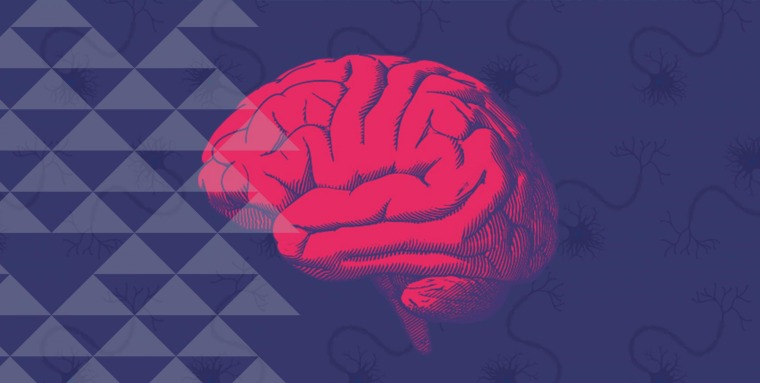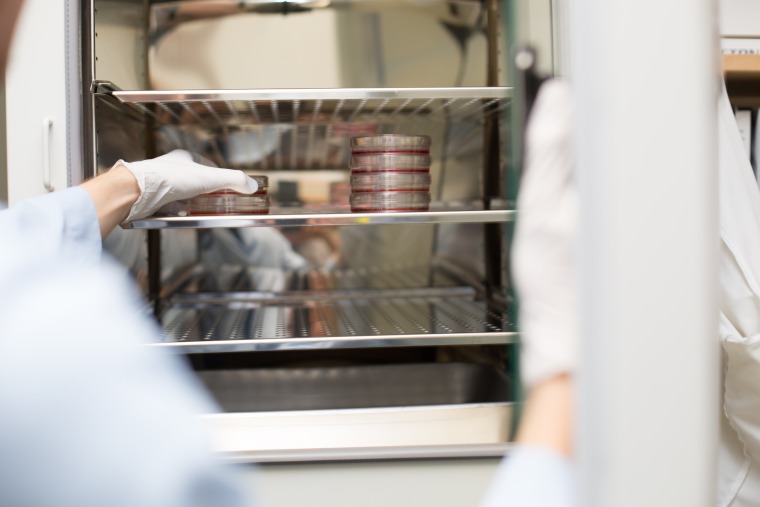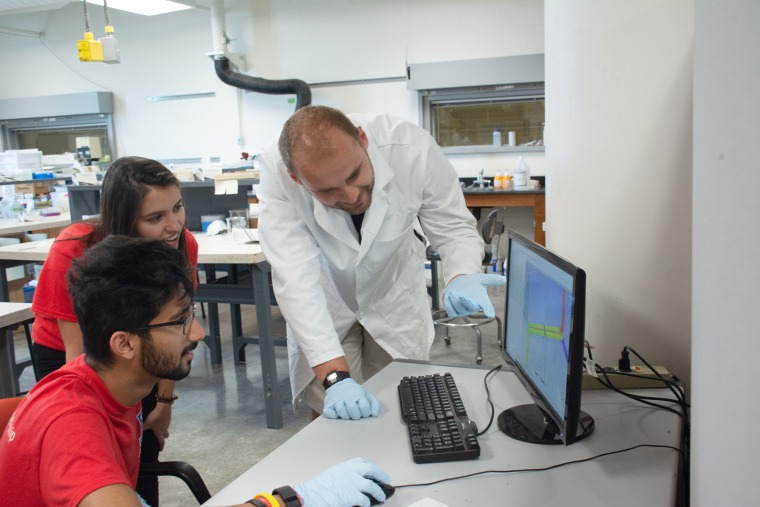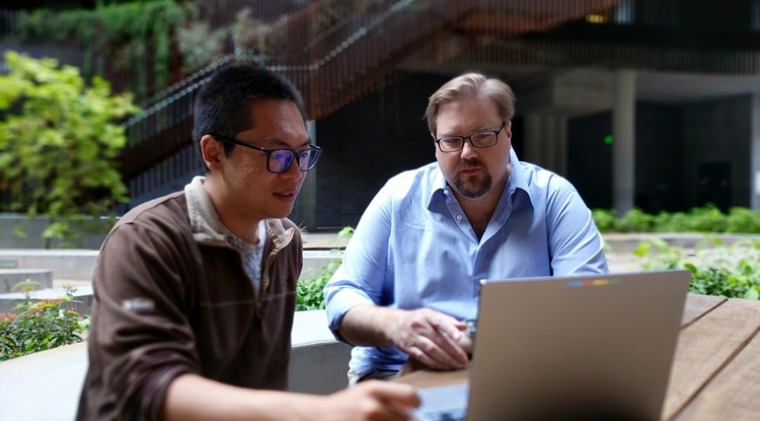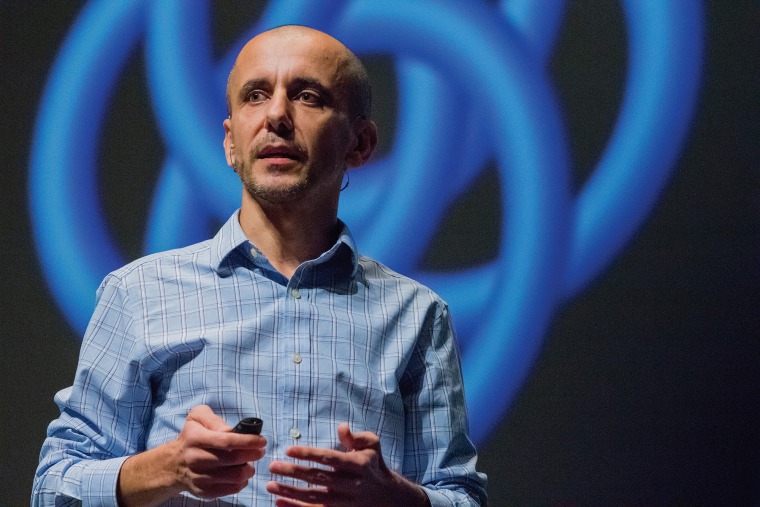How One Professor Mines Student Comments To Improve Her Teaching
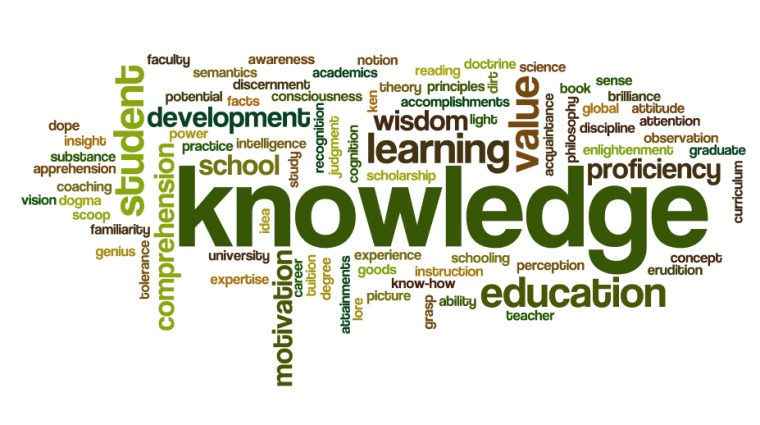
Struggling to make sense of a large amount of student evaluations from her UA introductory biology course, Associate Vice Provost in the Office of Instruction and Assessment and BIO5 member, Dr. Lisa Elfring, developed a way to visualize the feedback. This kind of presentation provides her with the ability to create and test hypotheses of what students thought of a course.


